
Mexico’s Janus-faced president, dead at 100
Luis Echeverría, the former Mexican leader reviled for his role in the slaughter of students and the economic nosedive of the country, died over the weekend.
President Andrés Manuel López Obrador confirmed on Saturday, July 9, the death of former President Luis Echeverría on Twitter, sending condolences to friends and family of the polarizing political figure.
Echeverría served from 1970 to 1976 in a term that was marred by controversy. He gave the impression of being a man of the people who wanted to close the gap between the elite and the poor, only to widen it ever more by the time he had left office.
As a self-proposed leftist who unified with third world matters, Echeverría’s term was overshadowed by two separate massacres of protestors and students, inflation, and accusations of authoritarianism, destabilizing the Mexican economy after years of economic stability.
Born in 1922 in Mexico City, Echeverría embodied the “second generation” political elites who surfaced after the bloody Mexican Revolution from 1900 to 1917. Up until the 1940s, Mexico’s politics was commanded by former officers of the Revolution. However, by that time, the secure way of getting into politics was by attending the prestigious National Autonomous University of Mexico, where Echeverría received his law degree.
As someone familiar with the political game, Echeverría rose to prominence by integrating and aligning himself with the political figures of the time. He married the daughter of the Governor of the Mexican state, Jalisco. Echeverría then sought out a mentor in Gustavo Díaz Ordaz, a former State Governor and cabinet minister who was on his way to becoming President. After winning in 1964, Díaz Ordaz appointed Echeverría as Secretary of Interior, overseeing Domestic Political affairs.
The new post positioned him to be successor to Díaz Ordaz, but also meant the beginning of his fall, as it made Echeverría an enemy among young leftists who opposed certain ideals, including censorship and influence from the U.S.
Just before the start of the 1968 Summer Olympics in Mexico City, peaceful protestors in the Tlatelolco housing complex were gunned down by government security officials and soldiers. The government claimed to have taken 30 lives, but witnesses claimed it to be over 300.
RELATED CONTENT
Even after denying his involvement in the massacre, he was seen to be the one who ordered it, revealing the true nature of the new regime.
Two years later, in 1970, Echeverría took office promising workers and the poor that they would get a fair share of the nation’s wealth and other promises aimed at bettering their lives and closing the gap between the elite and the workers.
After coming into power, Echeverría presented himself as a supporter of the left by falsely embodying their interests, which included using leftist rhetoric in his speeches and getting great press for breaking ties with the new right-wing regime of Chile after opening Mexico up to refugees escaping the country following the assassination of President Salvador Allende in 1973. Military strongman Augusto Pinochet took quick control and violently repressed any opposition.
During and after his presidency, while flirting with leftist politics, Echeverría was secretly going against the radical left, and hundreds of people disappeared during his time in office.
He also made purposeful bad business decisions as the economy nosedived, devaluing the peso at one point by more than half. As the country was falling, he did as well. The public turned on him, and Echeverría’s behavior grew erratic, including a refusal to leave office and even acquiring the newspaper Excelsior, which had become critical of him.
In the time that followed his presidency, Echeverría kept out of the spotlight, taking diplomatic posts in Australia and New Zealand. In 2000, an investigation into his role in the Tlatelolco massacre began, and led to a brief time under house arrest, but he ultimately never saw a day in prison.




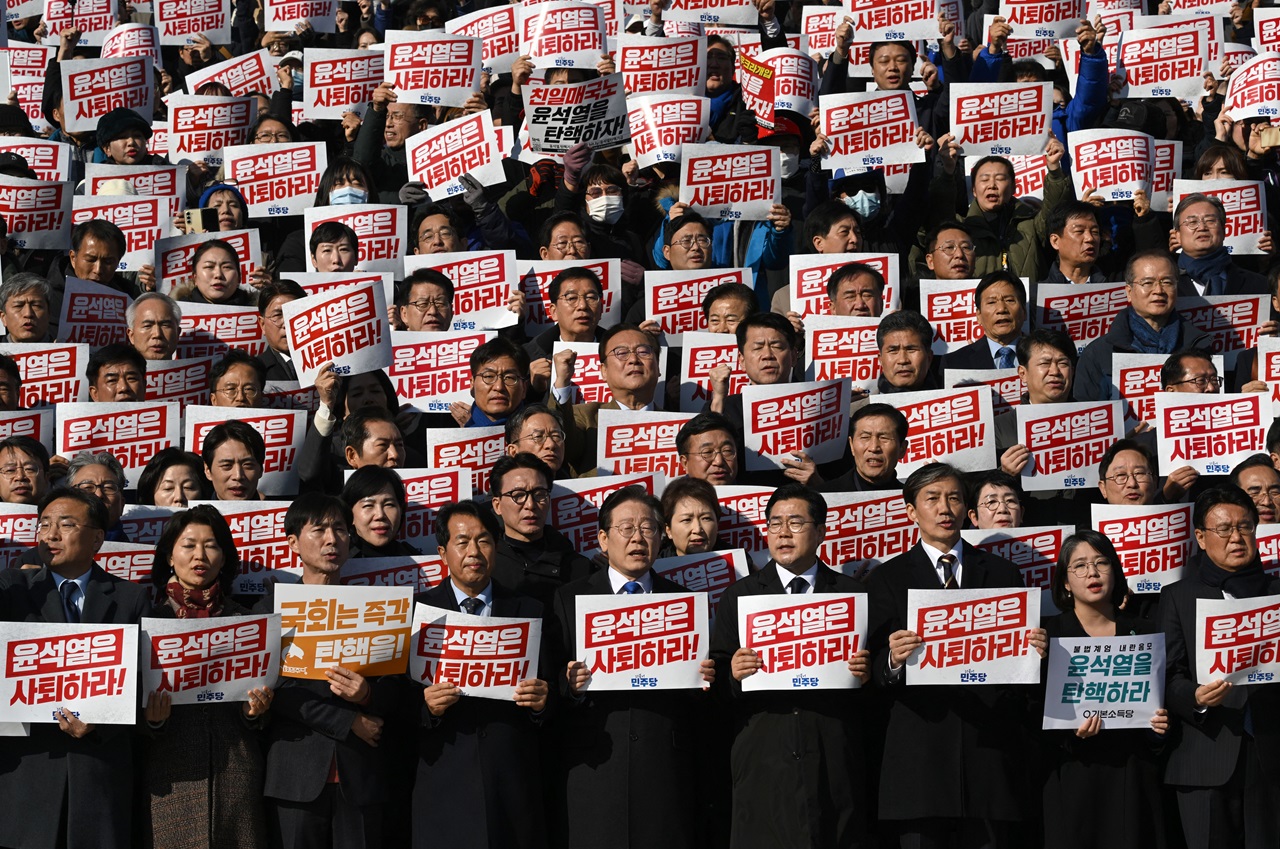
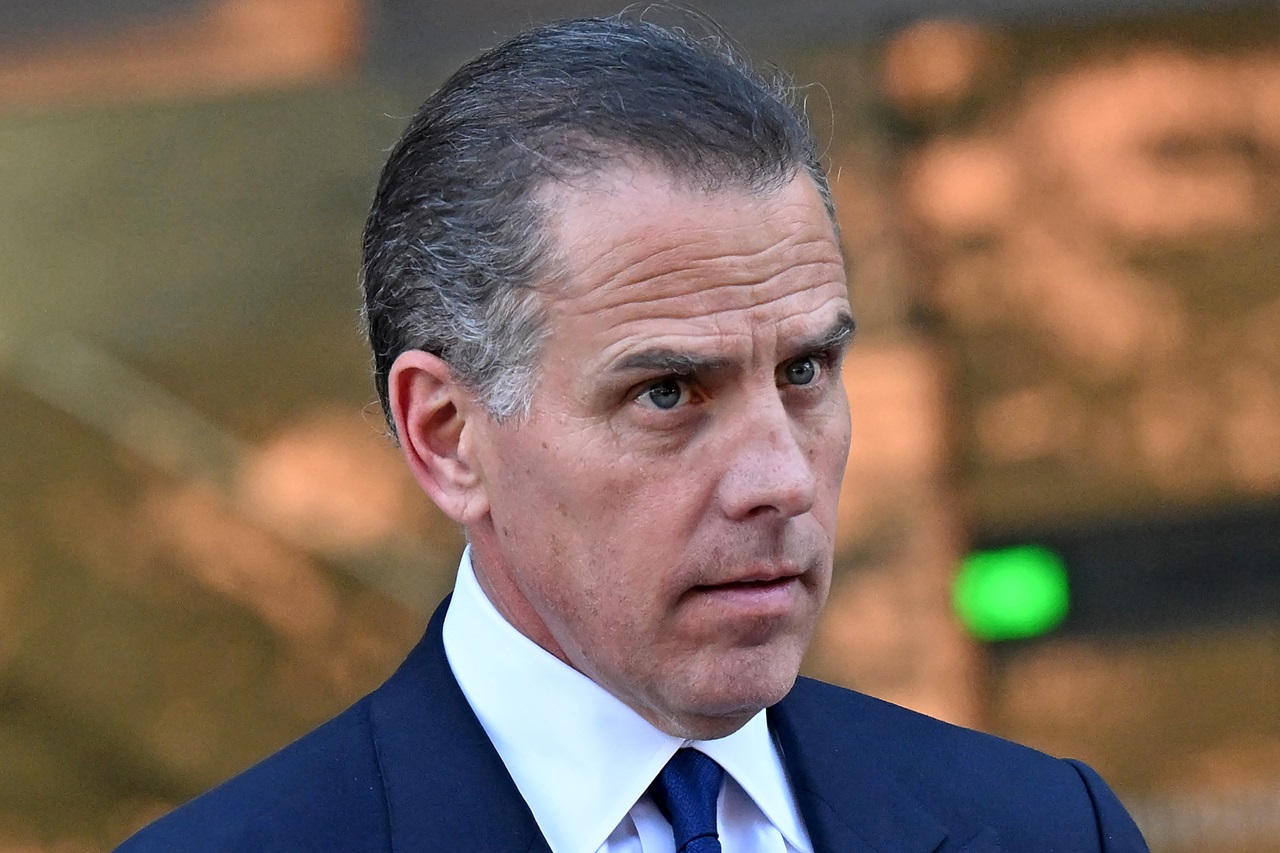
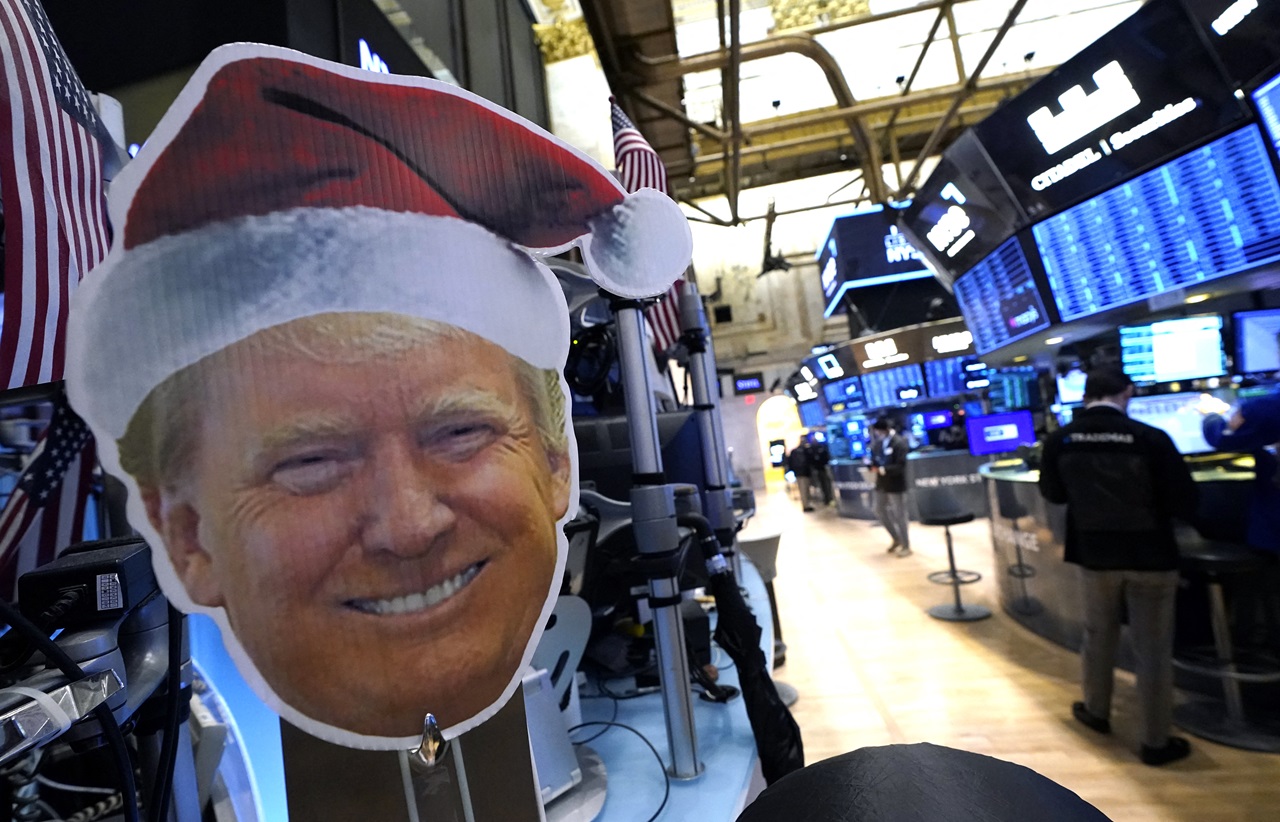
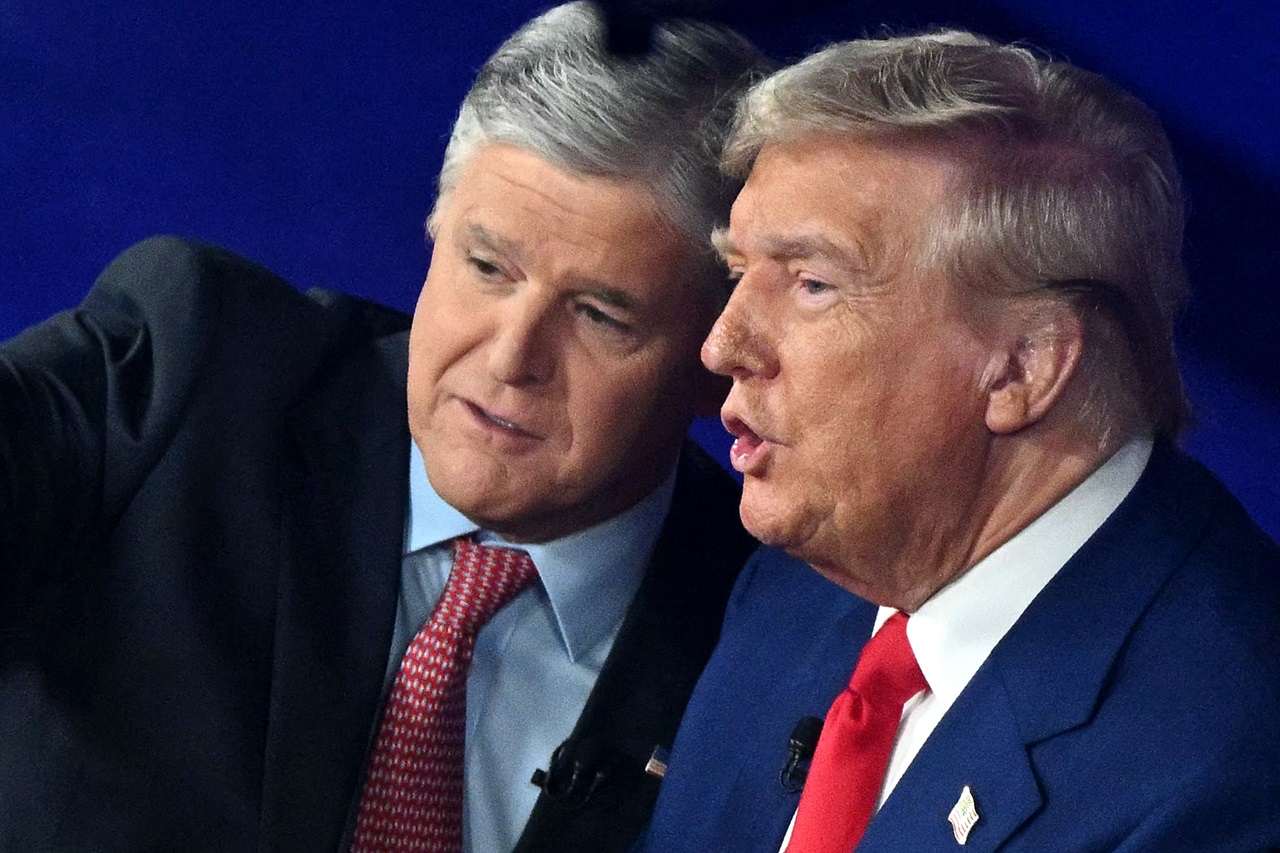
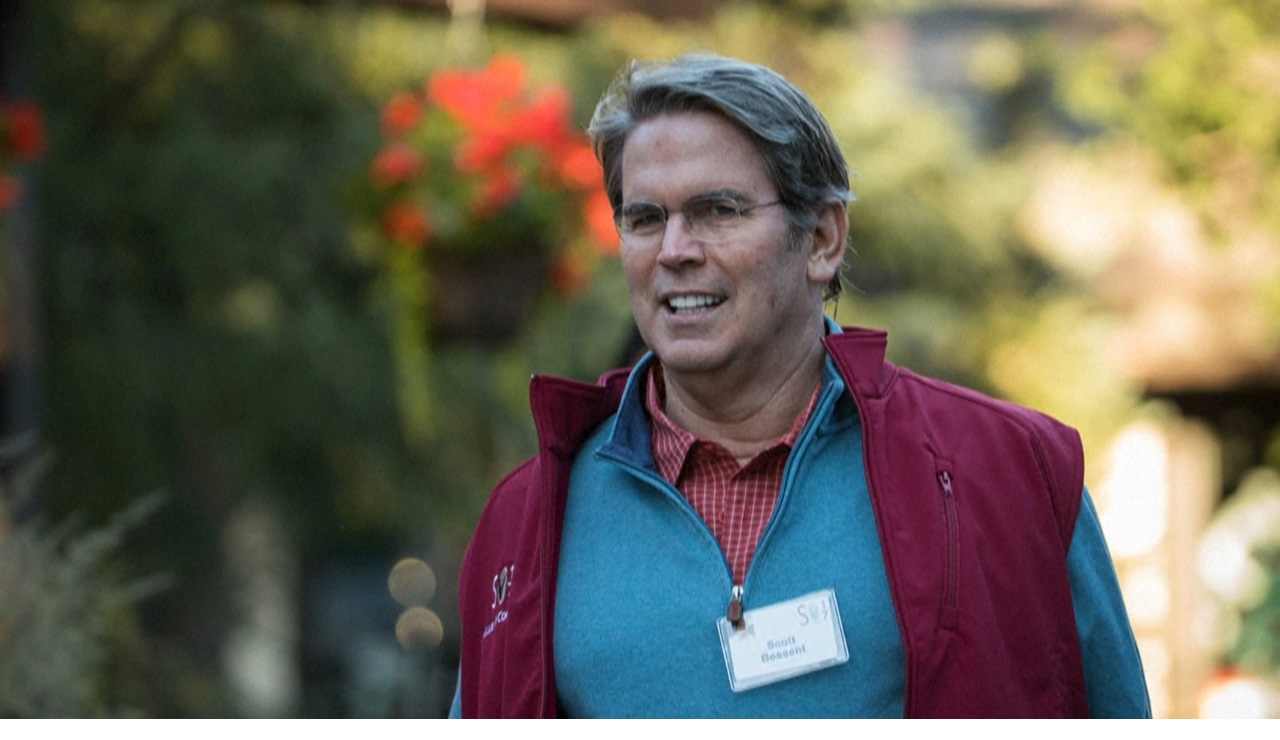
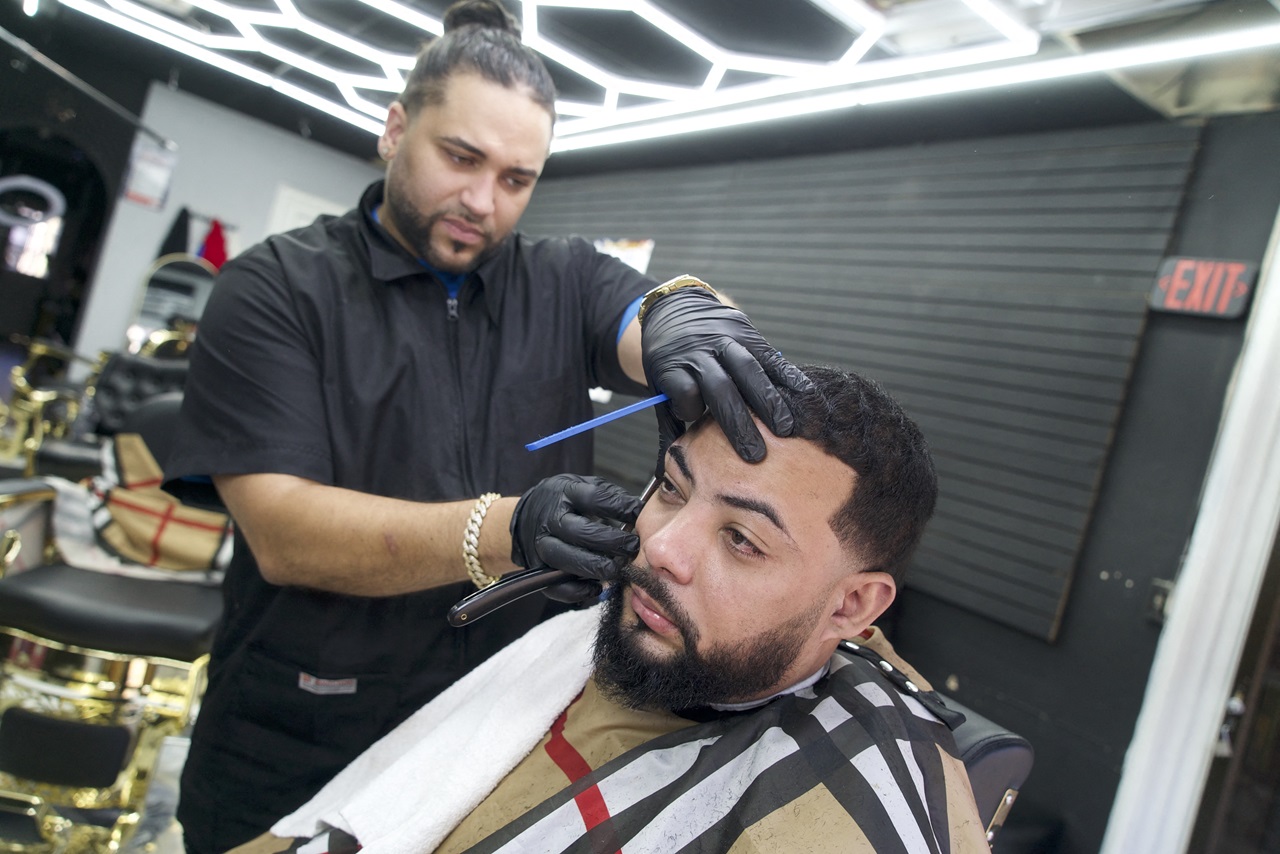

LEAVE A COMMENT:
Join the discussion! Leave a comment.